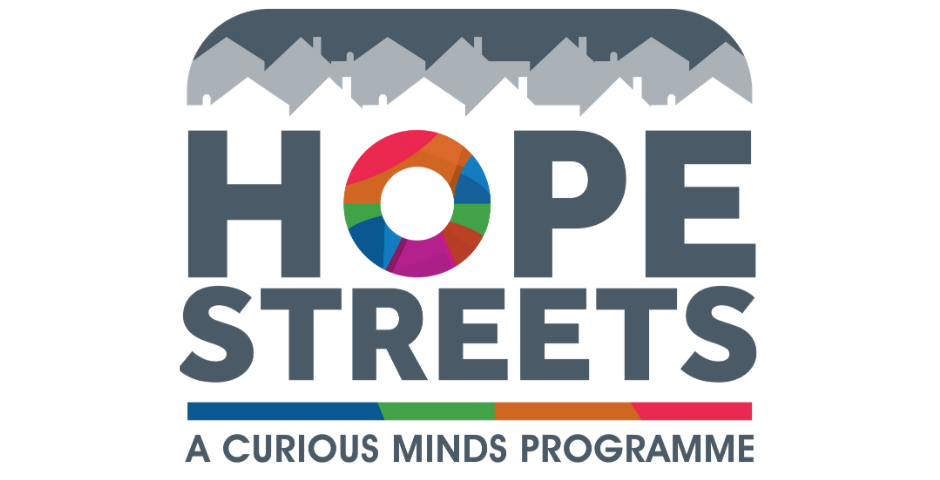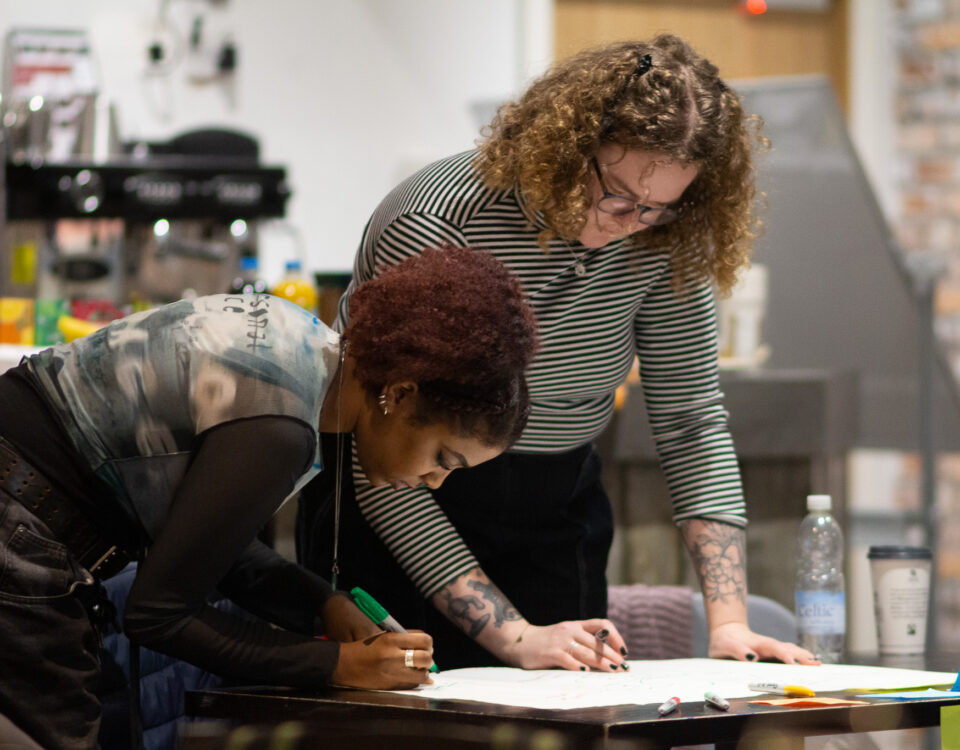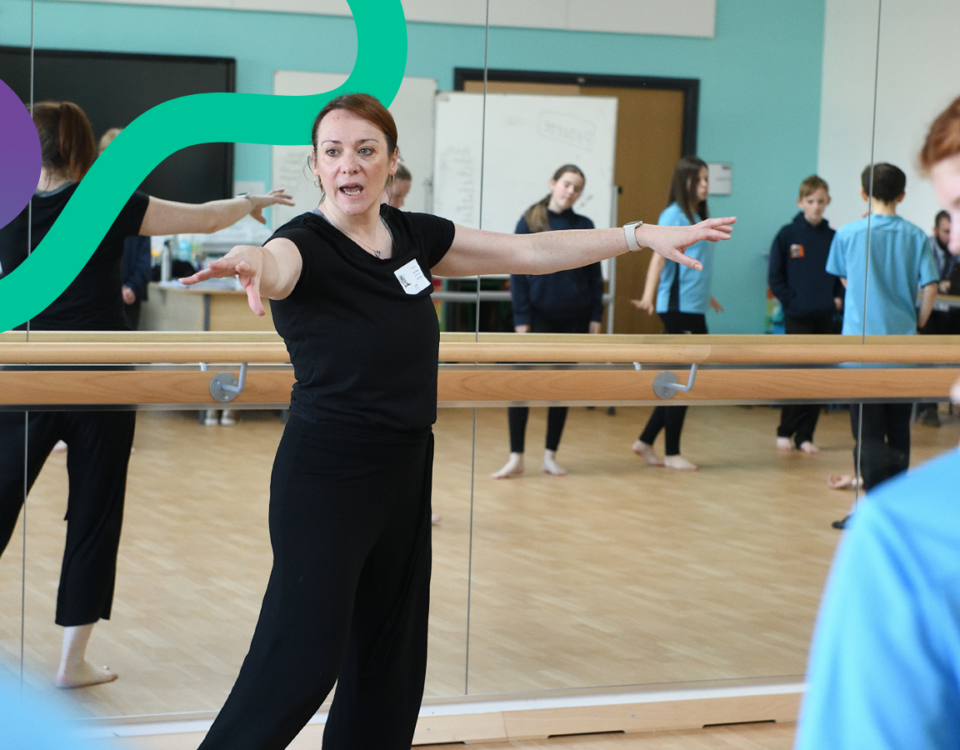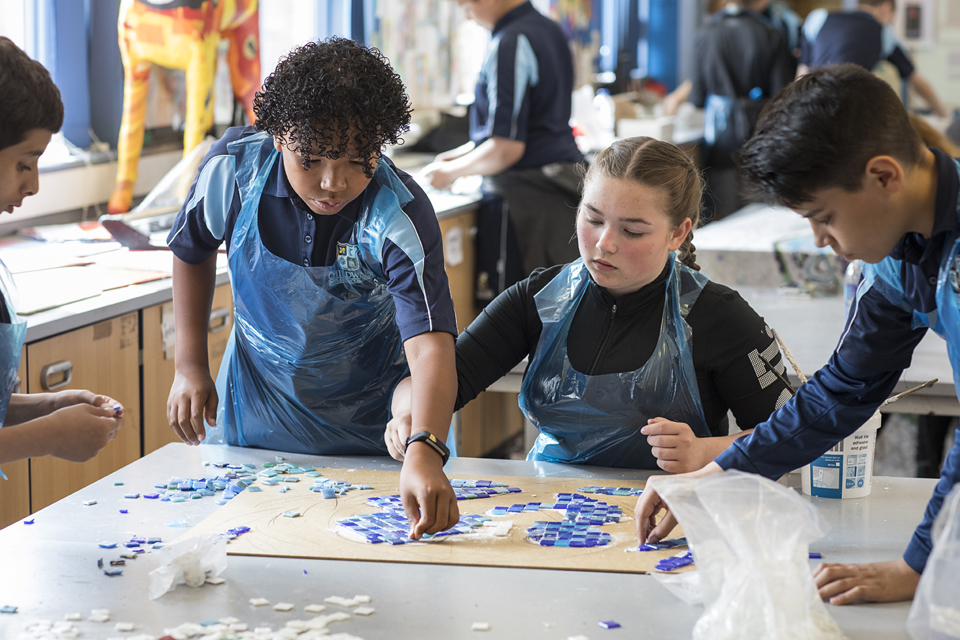
Curious Minds and Anti-Racism
July 3, 2020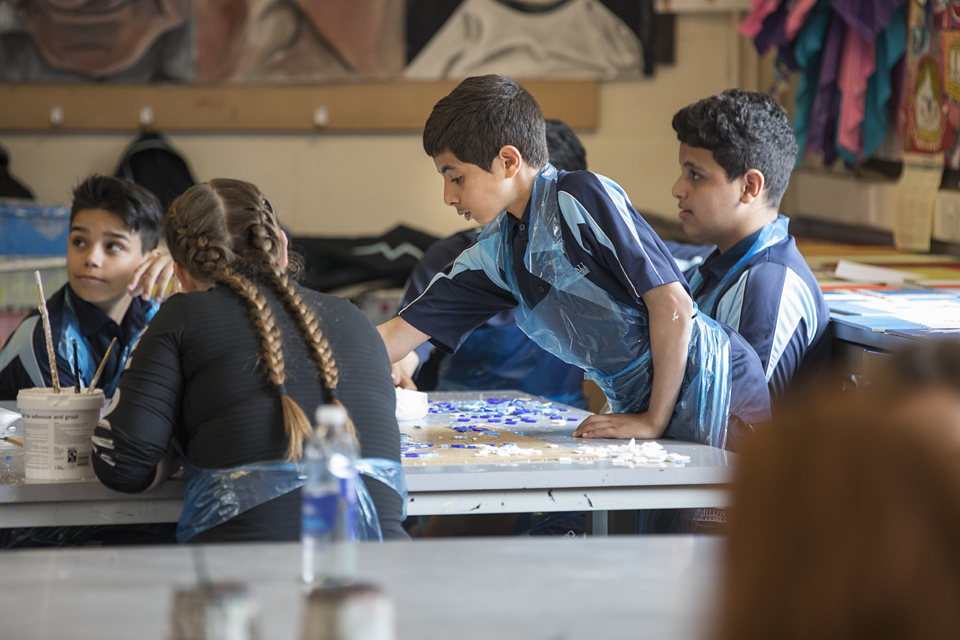
Artsmark: Latest Schools Announced
July 17, 2020Hope Streets and Black Lives Matter
Blog post by Saul Argent, Hope Streets Project Manager
Our Hope Streets programme started with the idea that there is a Hope Street in almost every town and city in England. The project creates opportunities for young people in the North West to locate and explore the hope and heritage of the streets where they live; working with partner museums to reinterpret and reinvigorate how the past, present and future is presented, maintained and communicated.
The Black Lives Matter movement asks many of the same questions posed as part of Hope Streets: What stories from our past are preserved and which are hidden away? What questions do we need to ask and what truths do we need to learn about the names memorialised in statues and street names? What do museum collections tell us about who we are and where we are from, and what do they miss out?
Over the past few weeks, our Hope Streets teams of young producers and staff from partner museums have been asking what more we can and should be doing to show solidarity with Black people and communities, and to ensure we are interrogating rather than contributing to the inherently racist narrative of British heritage. We are in the process of planning a North West-wide Festival of Hope. How can we champion hope if we are not using the resources and scope of the project to support this movement?
We have already begun to take action:
We want Hope Streets to be an anti-racist project, providing the tools for young people from all backgrounds to lead the way in working with the heritage sector to unearth and challenge the racism of the past; it is only then that we can start to think about representing hope in the present and future.
The Black Lives Matter movement asks many of the same questions posed as part of Hope Streets: What stories from our past are preserved and which are hidden away? What questions do we need to ask and what truths do we need to learn about the names memorialised in statues and street names? What do museum collections tell us about who we are and where we are from, and what do they miss out?
Over the past few weeks, our Hope Streets teams of young producers and staff from partner museums have been asking what more we can and should be doing to show solidarity with Black people and communities, and to ensure we are interrogating rather than contributing to the inherently racist narrative of British heritage. We are in the process of planning a North West-wide Festival of Hope. How can we champion hope if we are not using the resources and scope of the project to support this movement?
We have already begun to take action:
- Young people and staff from the project have written to museum directors to challenge them on how their institution tells the story of Black history in their region. They are asking what museums will do in the coming weeks, months and years to show that the lives of Black people in their communities truly matter;
- Our museum partner, Tullie House, has begun a collaborative project with M-Unit in Carlisle;
- The Atkinson has committed to a process of consultation between senior leaders and the Festival of Hope young producer team;
- West Cheshire Cultural Services are contributing to a review led by Cheshire West and Chester Council of the collections, statues, monuments and street names across the borough with links to the slave trade;
- Bolton Museum have launched a decolonisation project of their World Cultures collection and a leadership programme for staff who are Black, Asian or from an Ethnic Minority;
- Blaze (the organisation producing the Festival of Hope) have created two central festival commissions, working with our young Connectors team to commission artists of colour on two pieces of work that explore how this movement affects how we re-evaluate heritage.
We want Hope Streets to be an anti-racist project, providing the tools for young people from all backgrounds to lead the way in working with the heritage sector to unearth and challenge the racism of the past; it is only then that we can start to think about representing hope in the present and future.

